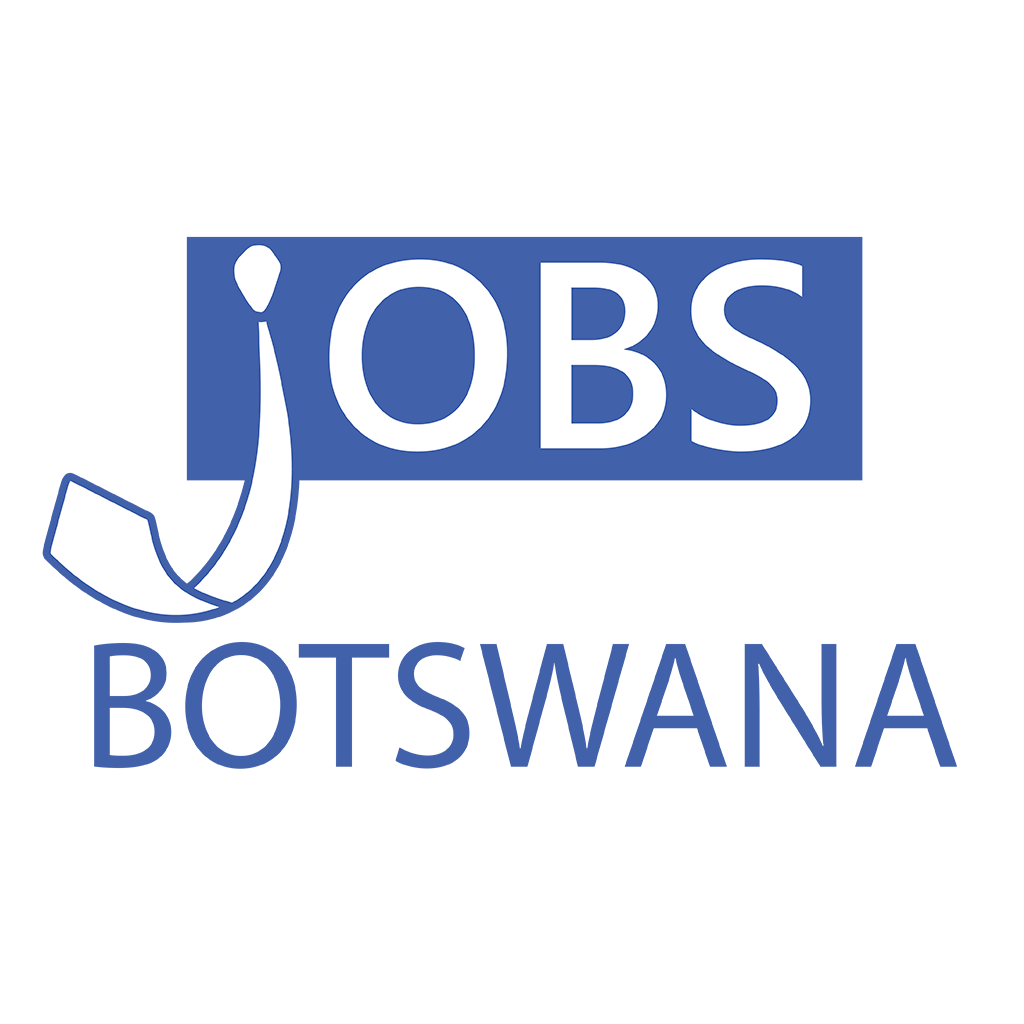Behavioural Competencies (Skills)
Attention to Detail
Manages, tracks and attends to multiple pieces of information, bringing order and clarity. Specifically, monitors others’ work; for example, checking to ensure that procedures are followed.
Enterprise Perspective
The ability to understand the overall business strategy and how the shared work aligns with it; to use this understanding to explain the purpose of the work and to resolve conflicts within the business or within the collaborative team. Specifically, resolves conflicting team priorities, e.g. addresses and resolves conflict within the collaborative team by referring to the ultimate purpose of the organization and the way the purpose of the project or decision supports that ultimate purpose.
Embraces change, anticipates and prepares for change, proactively adapts to opportunities or risks.
Continuous Improvement
Looks for incremental improvement in work processes and results by carefully reviewing and revising processes, learning from mistakes and implementing plans and actions to ensure success in the future and sustainability.
Decision Making
Makes decisions in difficult or ambiguous situations when the time is critical
Teamwork and Collaboration
Works cooperatively as part of a team and collaboratively with peers, internally and externally. Specifically, unifies the team; for example, promoting a friendly climate, good morale, and cooperation.
People Development
Builds capability of others by teaching, coaching and/or mentoring them to do an excellent job for the long-term. Specifically, coaches; for example, taking personal ownership for developing people.
Information Seeking
A desire to know more and seek information to inform decisions. Specifically, explores; for example, establishing the facts by digging deeper, asking probing questions and challenges first responses.
Customer Focus
Identifies and meets the needs of internal and external customers, being continually focused on outcomes for customers. Specifically, is a customer champion; for example, becoming a trusted advisor in the customer’s decision-making process.
Cross Functional Perspective
Demonstrates knowledge of different functions and business units and how various roles across these areas interact. Understands the needs, metrics, incentives and deliverables of other functions and business units and overall organizational governance. Specifically, understands impact of team’s work; for example, understanding how the proposed project or decision will impact other teams and units and their needs, perspectives or metrics.
Understanding Others
Takes an active interest in other people. Seeks to understand their individual perspectives and concerns and accurately hears the unspoken or partly expressed thoughts, feelings and concerns of others. Specifically, actively listens; for example, repeating what was heard to check understanding, particularly in difficult conversations.
Win the hearts and minds of others across boundary collaborations and to do the right thing, regardless of formal authority. Specifically, facilitates short-term teaming; for example, pulling together individuals to team around a problem, crisis, or opportunity.
Team Leadership
Builds a high performing team by ensuring that the team is focused, motivated and inspired to achieve team objectives. Specifically, sets team direction; for example, communicating and sustaining a clear sense of purpose for the team.
Business Perspective
Has an understanding of the business context in which they are operating that informs planning and decision making. Specifically, understands and acts on market trends; for example, is aware of emerging competitors or context risks and takes action.
Holding People Accountable
Holds people accountable to standards of performance both in what and how they do it. Specifically, sets high expectations; for example, demanding higher levels of performance.
Organizational Systems Thinking
Considers and addresses the organization as a set of interacting systems so as to structure and align organizational ways of working to the strategy or organizational purpose. This is about changing structure, systems, processes (the ‘plumbing’ of the organization) – it is not the interpersonal aspects of leading change. Specifically, identifies areas for change; for example, diagnosing misalignment between the organizational structure or model and the desired outcomes.
Focuses on assessing, measuring and improving performance. Shows drive and determination to meet short- and long-term goals. Specifically, strives to meet challenging goals; for example, setting ambitious, but realistic goals for performance improvement (for self and/or own team).
Strategic Thinking
Focuses on the long-term business strategy and aligns their thinking and planning accordingly. Specifically, clarifies and refines the strategy; for example, translating the overall strategy into actionable local changes or innovations.
Technical Competencies (Skills)
Audit
Uses comprehensive knowledge and skills to act independently while providing guidance and training to others on conducting system audits, identifying exceptions and developing specific solutions or recommendations.
Acts as the organization’s authorities and applies expertise to supervise the construction of assigned properties according to instructions.
Risk Management
Identifies, assesses, prioritizes and manages risks in a business process without supervision and provides technical guidance when required.
Knowledge Management
Works without supervision and provides technical guidance when needed on developing a knowledge management system that can help the organization achieve its goals by collecting and using the information, data and intellectual resources of its employees.
IT Implementation and integration
Applies expertise to act as the organizational authority on implementing, configuring and optimizing IT systems and services, while ensuring smooth integration with existing IT infrastructure.
Business Requirements Analysis
Applies expertise to act as the organizational authority on analyzing the business requirements that IT solutions must meet.
Data Management
Applies comprehensive knowledge and skills to work independently while providing guidance and training to others on acquiring, organizing, protecting and processing data to fulfill business objectives.
Works without supervision and provides technical guidance when required on interpreting and applying knowledge of laws, regulations and policies in area of expertise.
Costing and Budgeting
Uses comprehensive knowledge and skills to work independently on costing, budgeting and finance tasks while providing guidance and training to others.
Planning and Organizing
Uses expertise to act as organizational authority on planning, organizing, prioritizing and overseeing activities to efficiently meet business objectives.
